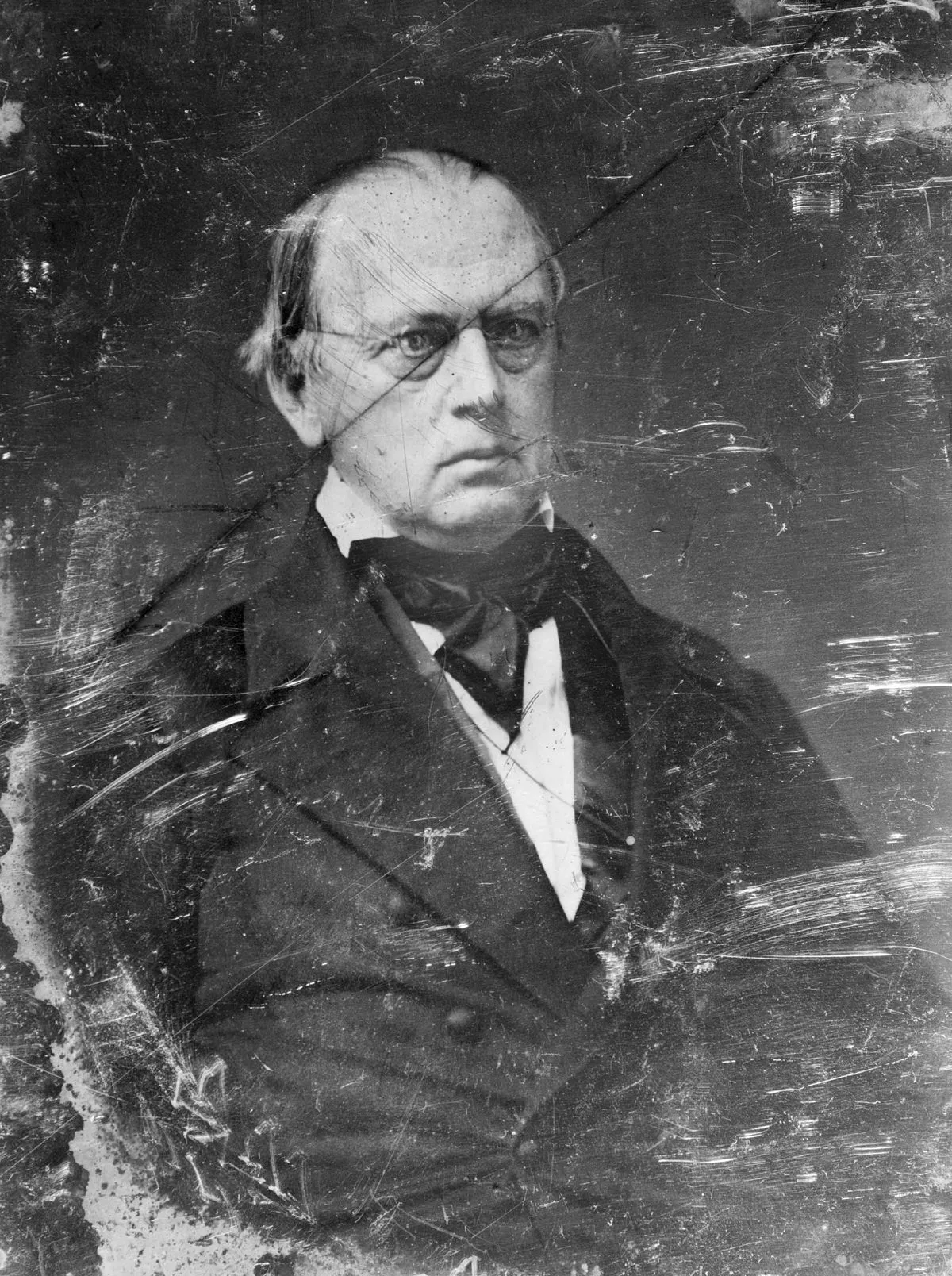 1.
1. Truman Smith was a Whig member of the United States Senate from Connecticut from 1849 to 1854 and a member of the United States House of Representatives from Connecticut's 4th and 5th congressional districts from 1839 to 1843 and from 1845 to 1849.